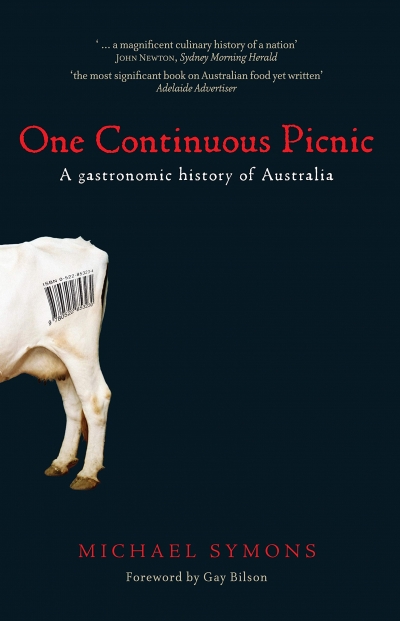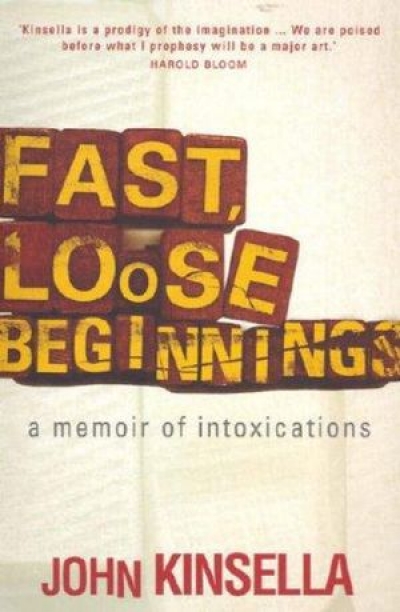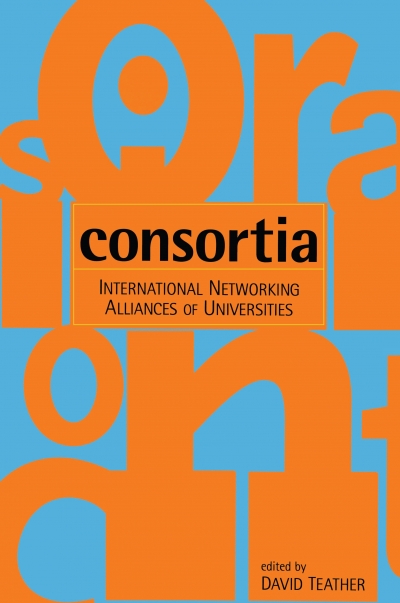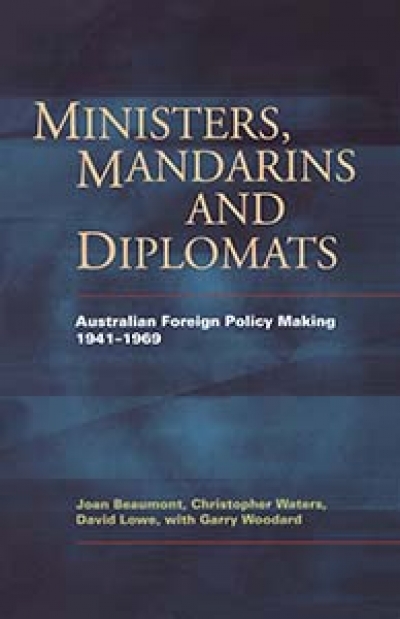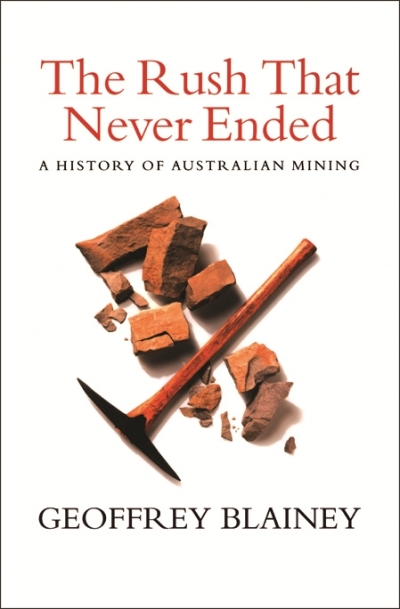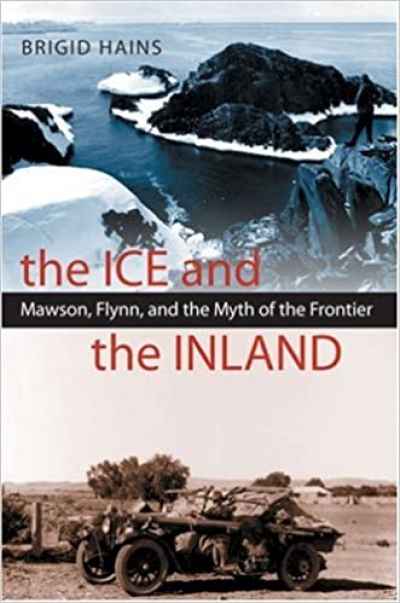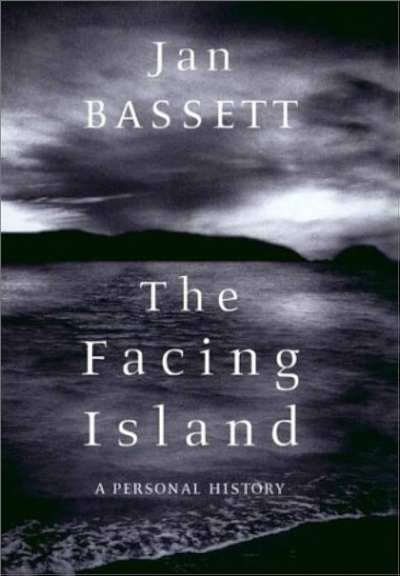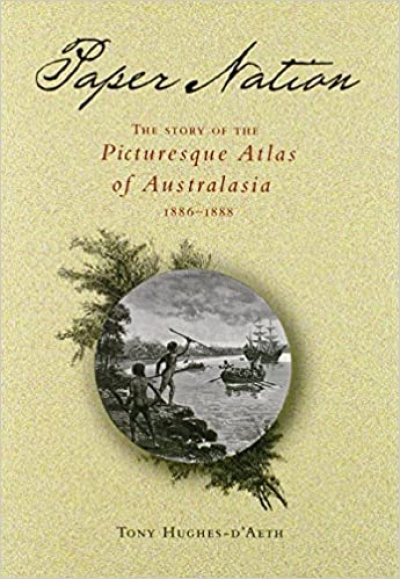Melbourne University Press
One Continuous Picnic: A gastronomic history of Australia by Michael Symons
by Leo Schofield •
Fast, Loose Beginnings: A memoir of intoxications by John Kinsella
by David McCooey •
The Ideas Market: An alternate take on Australia's intellectual life edited by David Carter
by Humphrey McQueen •
Native Title in Australia by Peter Sutton & Crossing Boundaries edited by Sandy Toussaint
by Stephen Muecke •
Consortia: International Networking Alliances of Universities edited by David Teather
by John Nieuwenhuysen •
Ministers, Mandarins and Diplomats: Australian foreign policy making 1941–1969 by Joan Beaumont, Christopher Waters, and David Lowe, with Garry Woodard
by Peter Edwards •
The Rush that Never Ended by Geoffrey Blainey & The Fuss that Never Ended edited by Deborah Gare et al.
by Frank Bongiorno •
The Ice and the Inland by Brigid Hains & Australia’s Flying Doctors by Roger McDonald and Richard Woldendorp
by Libby Robin •

